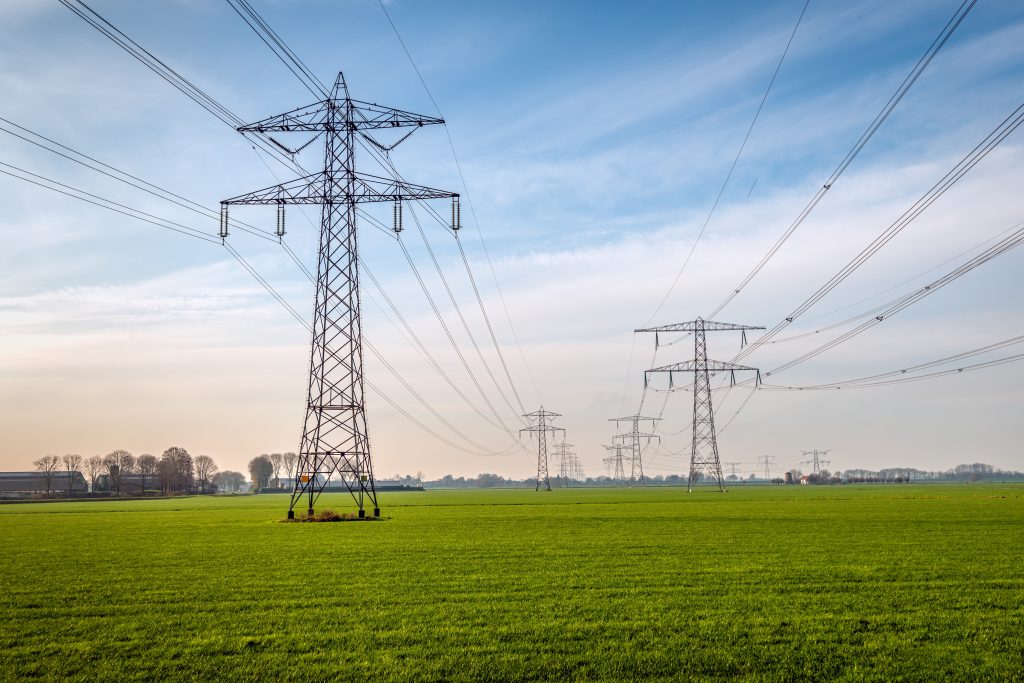Lincolnshire County Council has said it will fight new energy plans which it says will be ‘the industrialisation of Lincolnshire’.
The authority has already spoken out about National Grid’s plans for the 140km overhead power lines from Grimsby to North East Lincolnshire.
Now it’s also spoken out about plans to have offshore wind farm power come into the county via underground cables.
As The Voice has previously reported, National Grid wants to create a hub for electricity at Weston Marsh where a number of those projects would be connected to the current existing overhead cables.
It argues that Lincolnshire is the best place for the electricity to come ashore due to its geography, ruling out the Humber due to it not having the required capacity for additional electricity and East Anglia ‘due to the protected marine environments’ and less room for offshore cables.
At a meeting of Clincolnshire County Council’s Executive last week, spoke out about all the proposals, particularly the latest regarding wind farms off the cost of Scotland.
He said “While burying cabling underground has obvious benefits over large-scale above-ground infrastructure, with National Grid planning to carve up Lincolnshire through so many projects, we need to look at the cumulative impacts of all of these proposals and the detrimental impacts they will have on our landscape and the mental health of our residents.
“This is industrialisation of the Lincolnshire coast is on a scale we have never seen before.
“A substation proposed for Alford, for example, has a larger footprint that the town itself.
“If all these proposals were taken as one application by a planning authority, it would be refused due to the sheer scale of it and the impact, irreversibly changing to character of the county.
“We will not accept this piecemeal approach to development.
“It is our job to champion Lincolnshire and fight for the landscapes and the communities that would be affected so hugely by these proposals.
“Instead, we proposed that National Grid look to install this infrastructure offshore. This would be the most sustainable, secure, and cost-effective option and would mean the power could come onshore precisely where it is most needed, and not channelled through vast swathes of the countryside.
“I will be writing to councils in East Anglia – who are in much the same position – so that we can put on a united front against these plans.”
The projects are classed as Nationally Significant Infrastructure Projects, so planning permission will be decided by central government.







